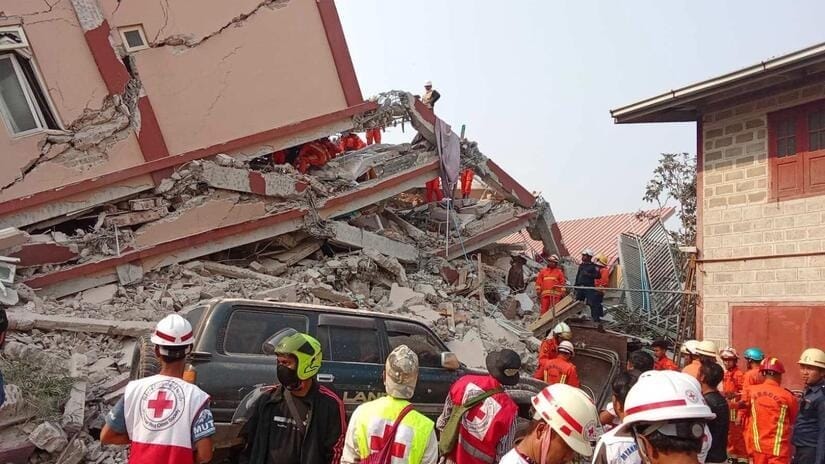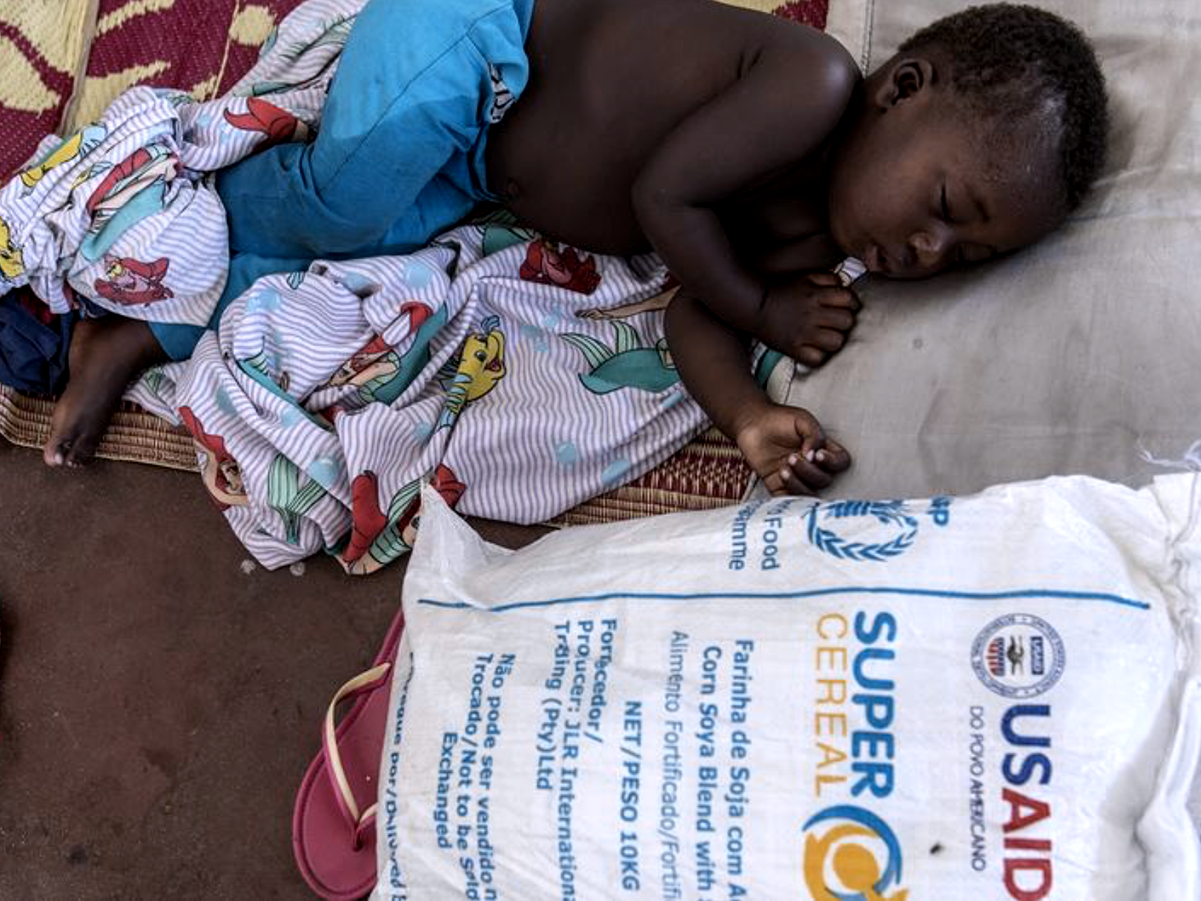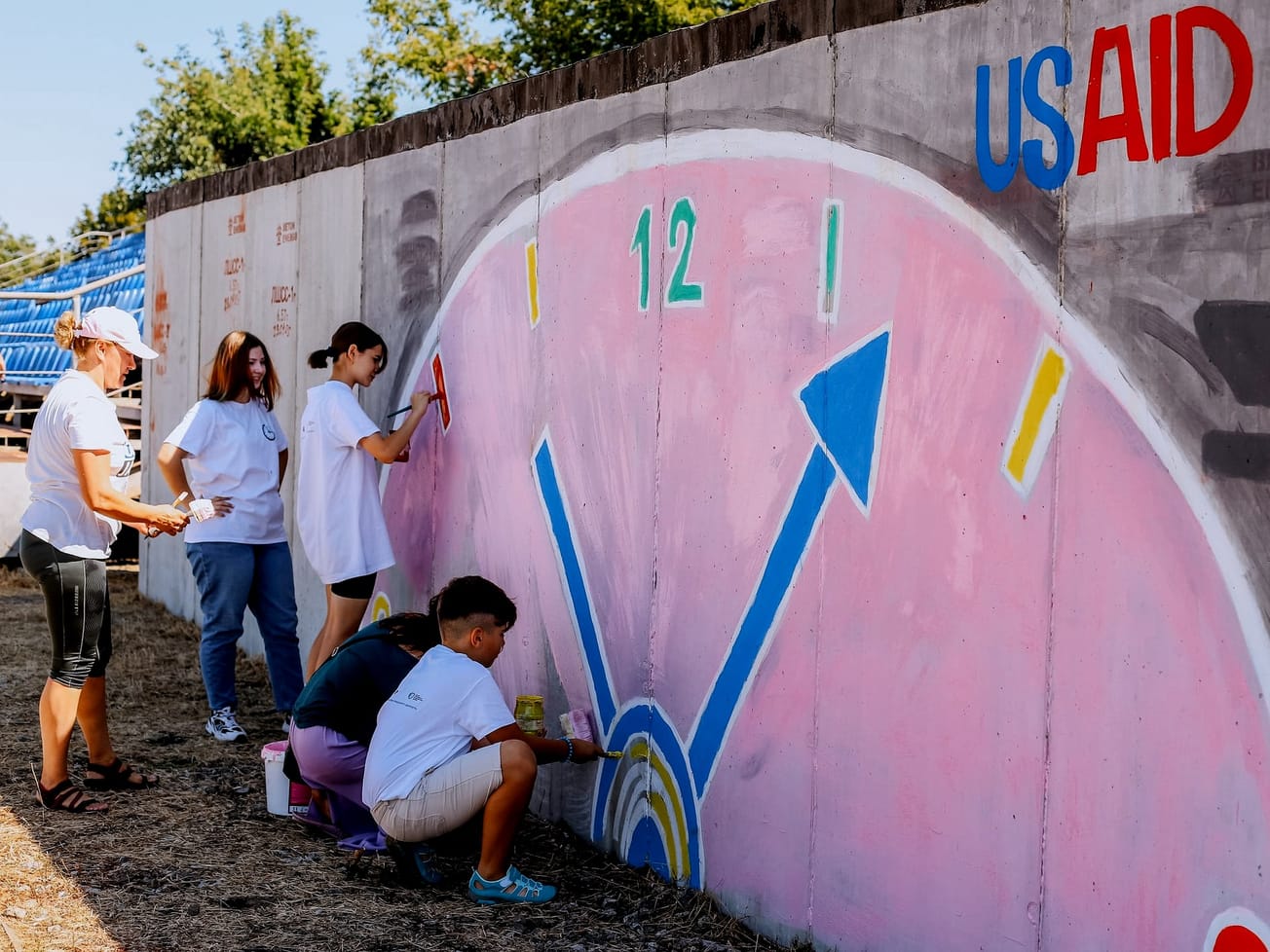GENEVA (AN) — A coalition of former Tuareg and Arab rebels in Mali signed a commitment to reinforce civilian protections for health and medical facilities during armed conflict amid a global rise in attacks on medical care in conflict zones in recent years, the humanitarian group Geneva Call announced on Monday.
The Geneva-based humanitarian organization, which works behind the scenes to strengthen protections for civilians during armed conflicts in dozens of countries, said two leaders of the Coordination of Azawad Movements, or CMA, signed a Deed of Commitment on the Protection of Medical Care in Armed Conflict at a closed ceremony on Friday convened by Geneva Call under the auspices of the Republic and Canton of Geneva.









